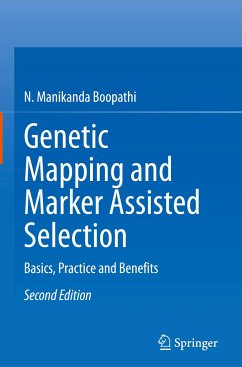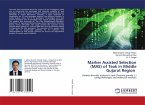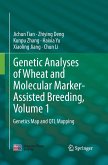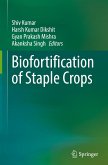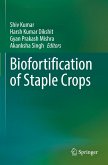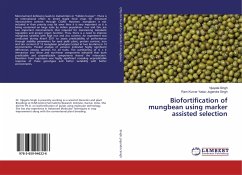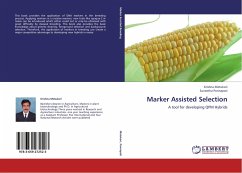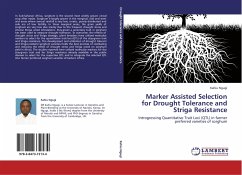The first edition of this book, Genetic Mapping and Marker Assisted Selection: Basics, Practice and Benefits, was widely appreciated as the first of its kind on this topic and has been listed as a reference work in several agricultural universities' curricula. A great deal has happened over the last five years, making it high time to incorporate recent developments in genetic mapping and report on novel strategies in marker assisted selection in crop plants as a second edition.
This book addresses a range of topics, including: new marker types and their genotyping methods based on high-throughput technologies, advances in genomics and their role in new marker development, improvements in genetic mapping strategies and software updates, developments in phenomics and their applications in QTL mapping, and how to incorporate these developments and advances in marker assisted selection in crop plants. Similar to the first edition, each technique and method is explained usinga step-by-step method, allowing the book to serve as a self-study guide for scholars whose work involves the genetic improvement of crop plants for any trait of interest, particularly for biotic and abiotic stress resistance.
In addition, the book offers a valuable guide for undergraduate and graduate students at agricultural universities and institutes that are interested and/or involved in the genetic improvement of crop plants using modern tools. In addition, the bibliography includes a list of suggested works for pursuing further research on the topics covered.
This book addresses a range of topics, including: new marker types and their genotyping methods based on high-throughput technologies, advances in genomics and their role in new marker development, improvements in genetic mapping strategies and software updates, developments in phenomics and their applications in QTL mapping, and how to incorporate these developments and advances in marker assisted selection in crop plants. Similar to the first edition, each technique and method is explained usinga step-by-step method, allowing the book to serve as a self-study guide for scholars whose work involves the genetic improvement of crop plants for any trait of interest, particularly for biotic and abiotic stress resistance.
In addition, the book offers a valuable guide for undergraduate and graduate students at agricultural universities and institutes that are interested and/or involved in the genetic improvement of crop plants using modern tools. In addition, the bibliography includes a list of suggested works for pursuing further research on the topics covered.

